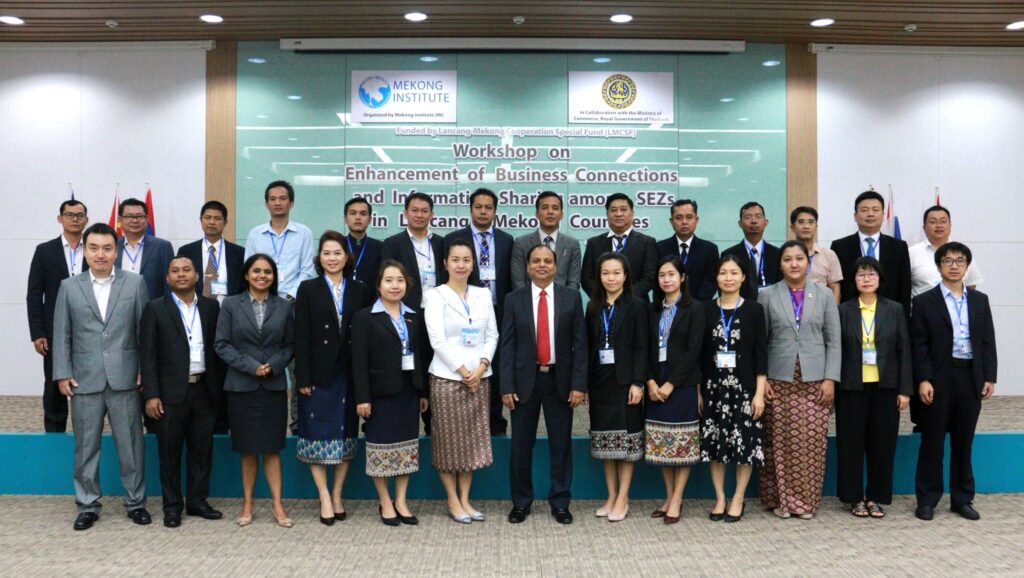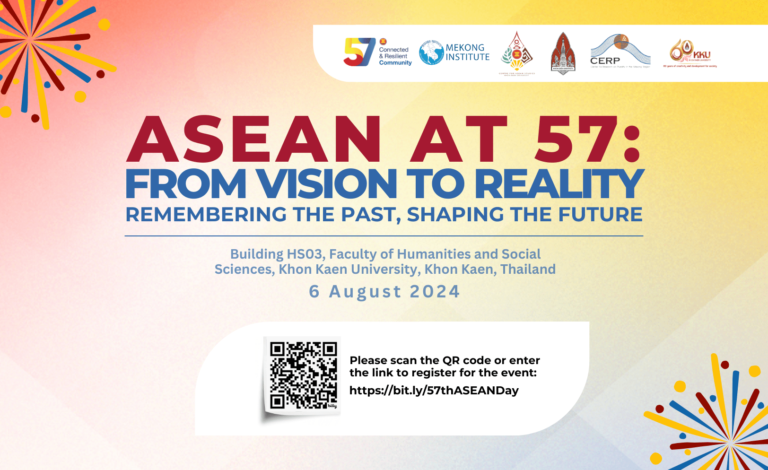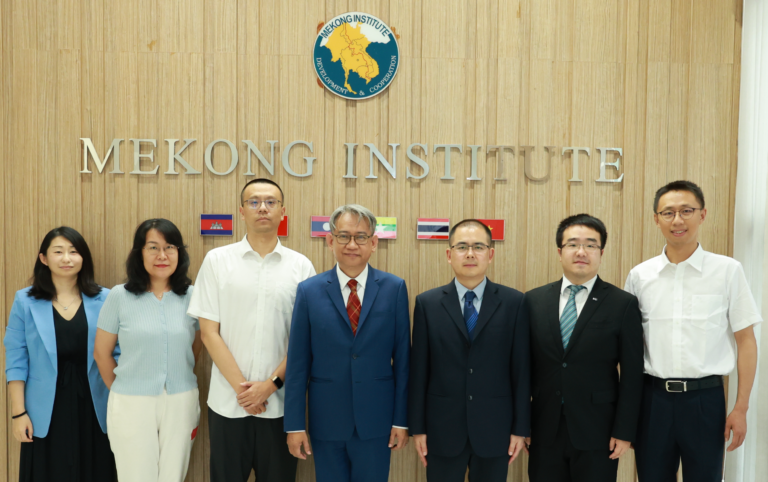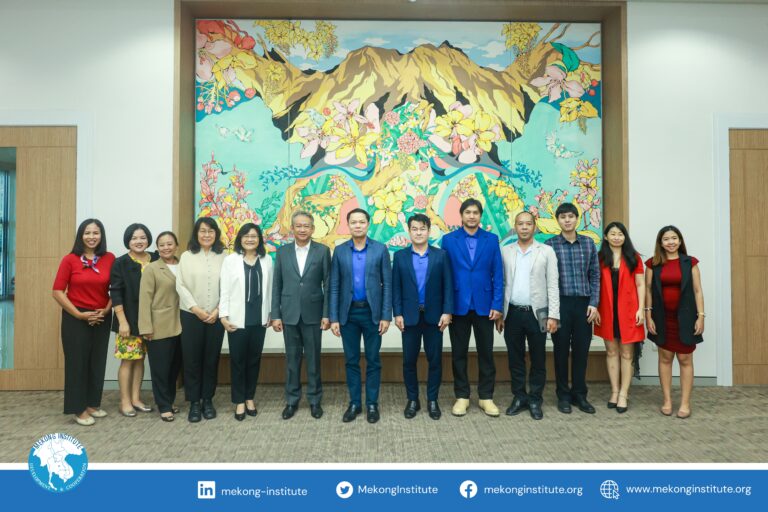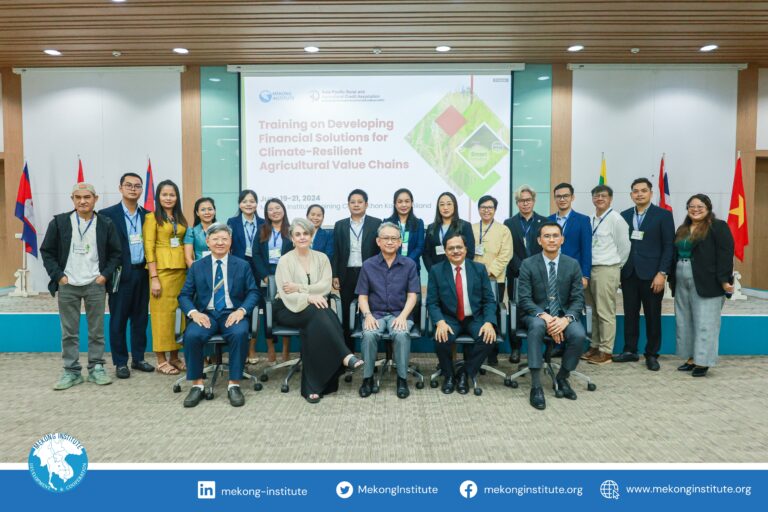Mekong Institute (MI) gathers food safety stakeholders and regulatory officials from Cambodia, Lao PDR, Myanmar, and Vietnam (CLMV) for the regional training program on Food Safety Emergency Management in the Supply Chain. The training program, which runs from September 2-13, 2019, is the eighth installment to a series of safe food courses organized this year under the PROSAFE Project (Promoting Safe Food for Everyone).
The Project, supported by the New Zealand Aid Programme, seeks to build capacities of stakeholders to strengthen their national food safety control systems for improved public health and increase their resilience to food safety emergency in the supply chain. A baseline study conducted in 2017 indicated that foodborne disease outbreak investigation and management are among the key challenges faced in CLMV. As the case in most developing countries, food safety emergency management (FSEM) is often hampered by the lack of infrastructure and capacities to respond to the ever evolving nature of food hazards and increasing demand by growing population and trade. National food safety control system requires an effective and resilient FSEM system to address potential widespread threats posed by foodborne hazards along the supply chain.
Against this backdrop, the training program covers the importance of an effective FSEM system; key components of FSEM system; tools, case studies, and practical exercises on effective FSEM; available support for continuous improvement of FSEM; as well as best practices in FSEM in New Zealand and based on FAO / WHO EMPRES Food Safety guidance. Experts from ASEAN, namely Thailand, Indonesia, and Malaysia will share best practices to implement sound FSEM in the context of regional priorities and the ASEAN Economic Community.
Speaking on behalf of Dr. Watcharas Leelawath, Ms. Maria Theresa S. Medialdia, Director of Agricultural Development and Commercialization Department, highlighted the growing interest on food safety because of the many food-borne illnesses and threats to consumption. “We cannot overestimate the importance of prevention. Instead of reacting to something that had already happened, we need to prevent food safety emergencies from happening,” she explains. Ms. Medialdia also tapped on the participants’ role to translate their acquired knowledge into tangible changes to establish a sustainable and multi-stakeholder-driven FSEM systems in their respective countries.
With the globalization of the food supply chain, FSEM requires strong collaboration among all stakeholders to ensure that the right food safety knowledge, risk management methods and interventions are successfully applied. FAO / WHO, European Union, and the ASEAN have developed early warning systems such as INFOSAN, EURASFF, and ARASFF respectively, which enables better inter-governmental connection and collaboration, and openly shares food safety incidents before they become full-blown crisis.


